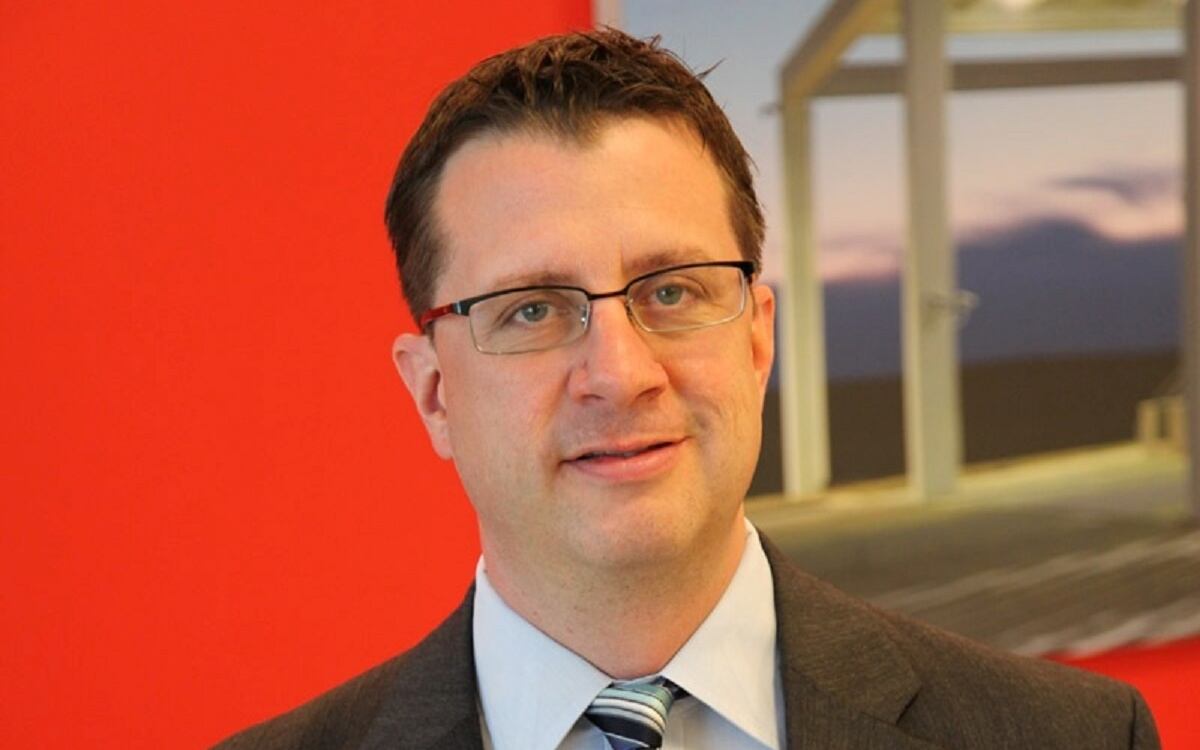The General Services Administration’s first-ever chief data officer will be leaving government March 13 to work in the private sector, agency officials said March 9.
Kris Rowley joined GSA in 2013, prior to which he spent over a decade working in data-focused projects at the Office of Management and Budget, the Department of Treasury and the Internal Revenue Service.
“During his tenure, Kris led GSA’s data management and analytics program and created our data management platform (D2D) that collects, manages and analyzes complex data to enable data-driven decision-making,” GSA’s Chief Information Officer David Shive wrote in an note to staff.
“Kris has a passion to understand the data culture and took the lead in cultivating and discussing ways to improve information management and data access across the agency. He also established and matured GSA’s data governance structure and developed a data science talent management strategy. With his leadership, GSA is recognized as a leader for data management across the federal government.”
RELATED

Rowley told Federal Times that his time in government was marked by an “evolution” in the way that leadership especially understands data and its ability to drive missions and modernization within an agency.
“I think more and more people want to have a data-driven environment, and they want to pull up real time information, look at it and use it to be able to understand what’s going on in their organization. That culture has really evolved and will continue to evolve,” said Rowley, adding that agencies will need to continue to do work to ensure that all levels of an organization have the data literacy to understand how to do that work well.
“The best way to have those kinds of conversations is to do as many demos as possible.”
That increased data focus will also require a workforce that is ready and capable of dealing with data in their daily work, and Rowley said that it behooves agencies to look for essential skills within their current workforce to map out what they can bring to the forefront and what gaps need to be filled with new hires.
Rowley led efforts within GSA to improve that data culture and literacy, while also spearheading efforts like hosting hackathons to improve agency applications.
“I think hackathons are great — don’t get me wrong, they’re a lot of work to put together, and we’ve done a few of those at GSA over the years — but they’re a lot of fun and they provide a ton of value,” said Rowley, adding that the expectations for a hackathon should be set to fit the narrow couple of problems that the agency plans to tackle in that moment.
Rowley leaves government just as the role of the chief data officer is gaining significance, as the White House mandated in July 2019 that all agencies must name a CDO.
The role is a relatively new one, with Capital One establishing the first known version of the position in 2002. The Federal Reserve was the first government agency to establish a CDO in 2013, and GSA created its role in 2015.
RELATED

In his experience at GSA, Rowley said that while there are a lot of data areas agencies could tackle, it is beneficial to focus on a select few that coincide with leadership priorities and agency needs, rather than focusing on all of them.
For GSA, those areas with the highest benefit were enterprise technologies and data governance priorities.
“We were spending money in silos and pockets mostly on legacy tools. And don’t get me wrong, we still are to some extent, but you’ve seen a coalescing across GSA onto a common platform, using common tools and really building a bottom-up support from data practitioners across the agency,” said Rowley.
Meanwhile the role Rowley is leaving will likely see noticeable changes in the near future.
“I see the role of a chief data officer in government changing, and evolving, and transforming a lot over the next five years. People are going to move these potions around, they’re going to look to different people until they settle into a more long term role,” said Rowley.
“Be patient. That is the key to this role, patience. There is going to be a portion of the population that’s going to want to go a million miles an hour in this space and to try and develop things at a huge, fast pace. And there’s going to be an equal if not larger group of the population that is not going to be ready to accept that rapid change. You have to be the patient person in the middle.”
GSA’s deputy CIO Beth Killoran will lead the CDO and chief technology officer teams at GSA after Rowley’s departure.
Jessie Bur covers federal IT and management.





